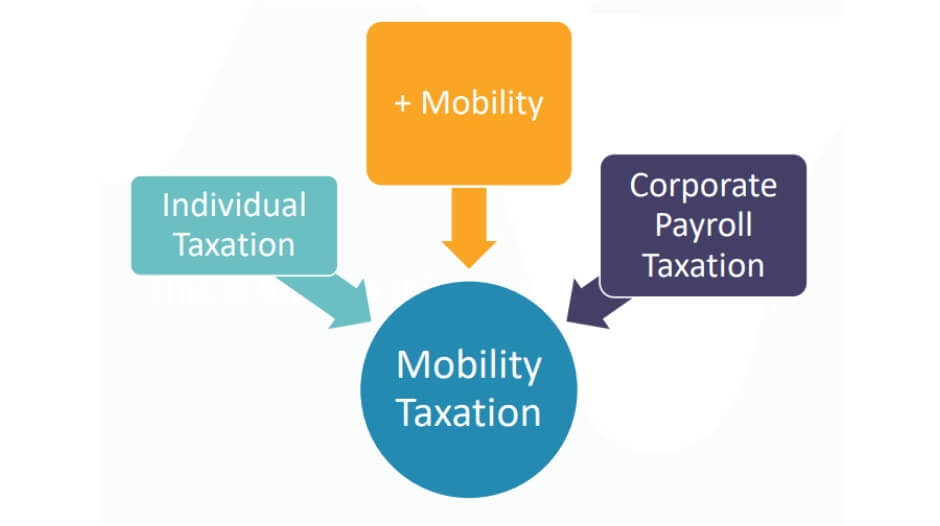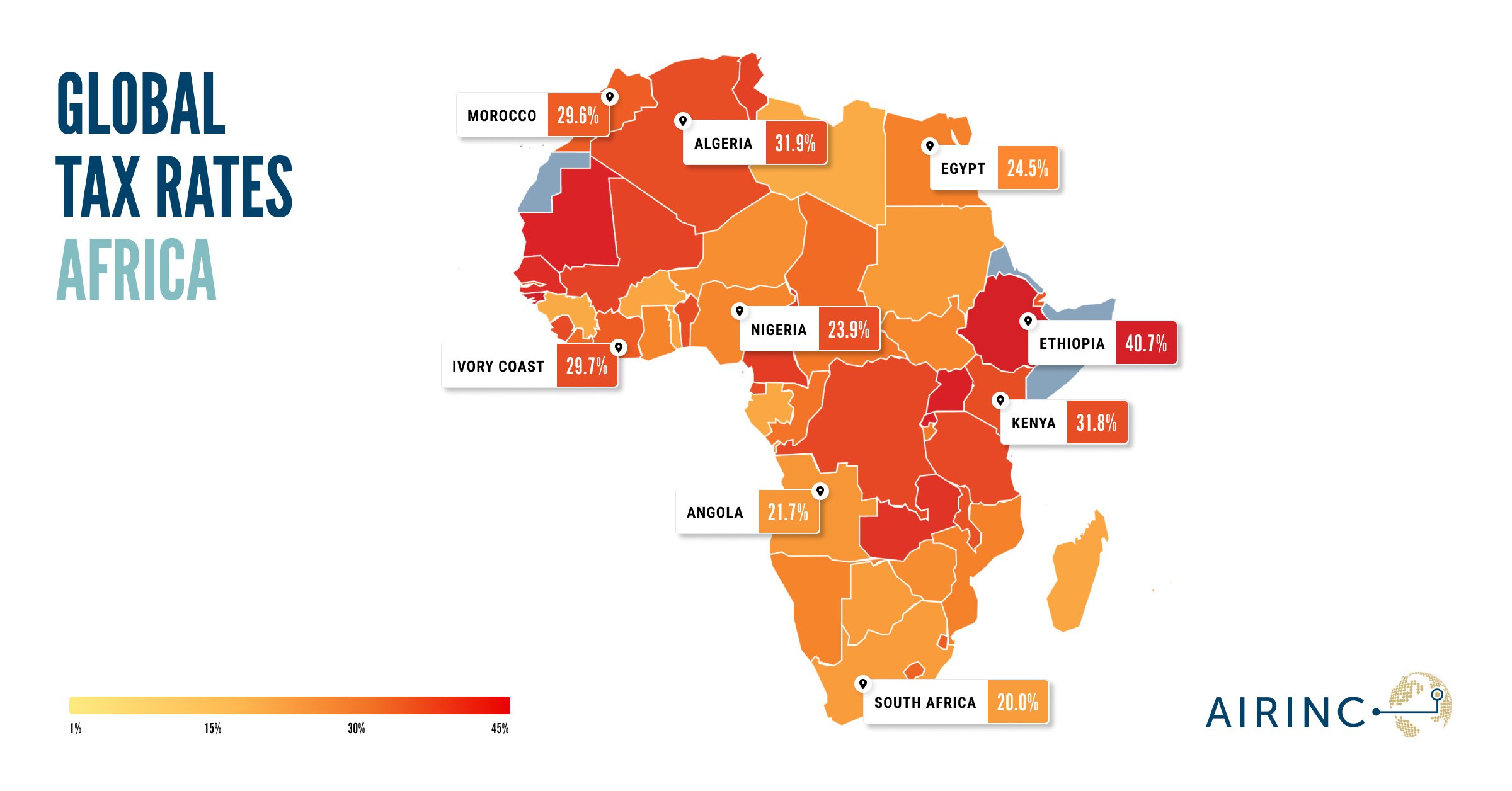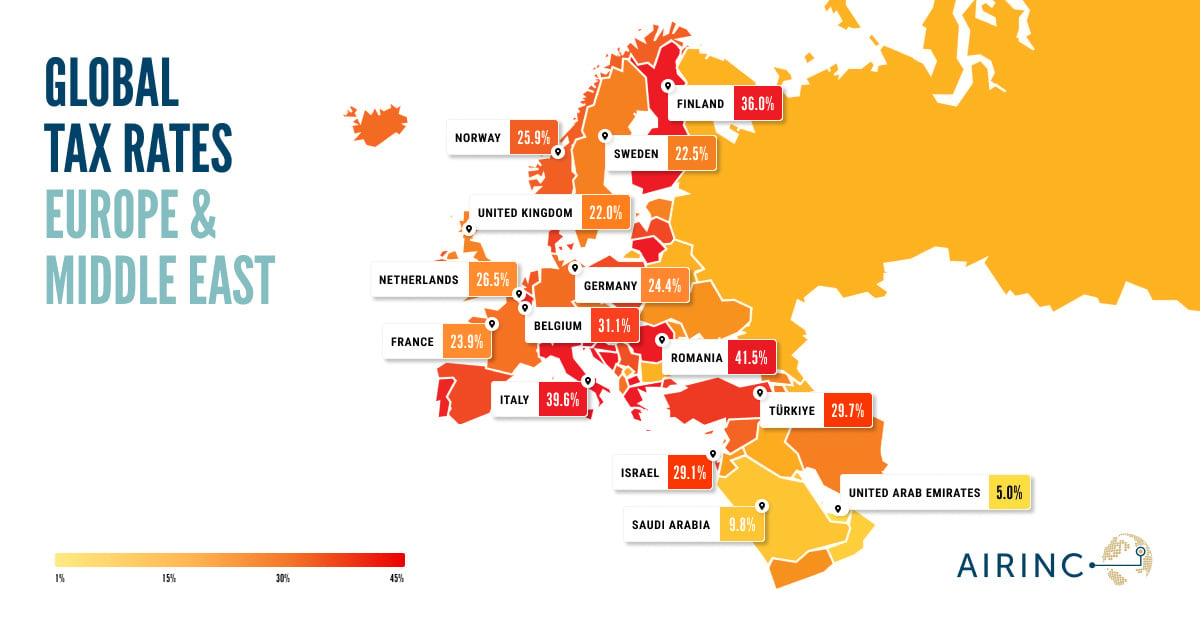Yesterday marked the exciting start of our highly anticipated summer school series on Mobility Taxation. Joining me for the first class was none other than Brett Sipes, the esteemed Managing Director of the Global Tax Network.
Together, we delved into the world of essential tax concepts that are indispensably valuable to global mobility managers:
- Typical mobility scenarios and the scope of tax services provided
- Tax issues associated with other mobility scenarios such as remote workers and commuters
- Why mobility complicates individual taxes
- Sourcing of income for determining the point of taxation
- Why social security contributions are different from income tax
- Payroll reporting for globally mobile employees
- Taxation of allowances and relocation benefits
- Special expatriate tax concessions
- Why companies use “Gross Ups” of tax reimbursements
In the midst of an engaging session, our GTN host Christopher Ward took a moment to engage with our audience and gather their valuable insights through a series of polls.
Poll #1 How many global mobility policies does your company have?
None - 7%
One - 16%
Two - 8%
Three or more - 58%
I don’t know - 11%
Poll #2 Which of the following statements is true?
No income tax until 30 days has passed in a country - 5%
Social security and income tax have the same rules - 2%
Payroll is a large area of corporate risk exposure - 86%
If a tax treaty is in place, there is no host tax - 8%
Poll #3 How does your company determine the taxability of relocation benefits for transferees outside the US?
Tax provider guidance - 65%
Relocation Management company - 6%
Internally by the Global Mobility team - 11%
Local payroll teams in each country - 9%
I don’t know - 8%
Poll #4 How do you determine a gross-up tax rate?
Estimated marginal tax rate of employee - 13%
Top marginal tax rate - 8%
Statutory payroll withholding rate - 16%
Detailed calculation based on employee circumstance - 48%
I don’t know - 14%
We were delighted to receive exceptional feedback from our participants during the session, and we are eager to address all the insightful questions that were raised. The session is available to watch again here.
Mobility Tax Summer school continues in July and August.
Mobility Tax 201
- An introduction to tax equalization/protection
- Managing international assignment tax costs
- Taxation of short-term assignees, business travelers, and remote workers
- Application of tax treaties
Mobility Tax 301 - August 8 - 10:00 AM Boston / 4:00 PM Brussels
REGISTER
- Taxation of deferred compensation, including:
- Bonuses
- Equity
- Pensions
- Social security and the application of totalization agreements
- Compensation structuring for international mobility






%20(59)%20(1).png)

